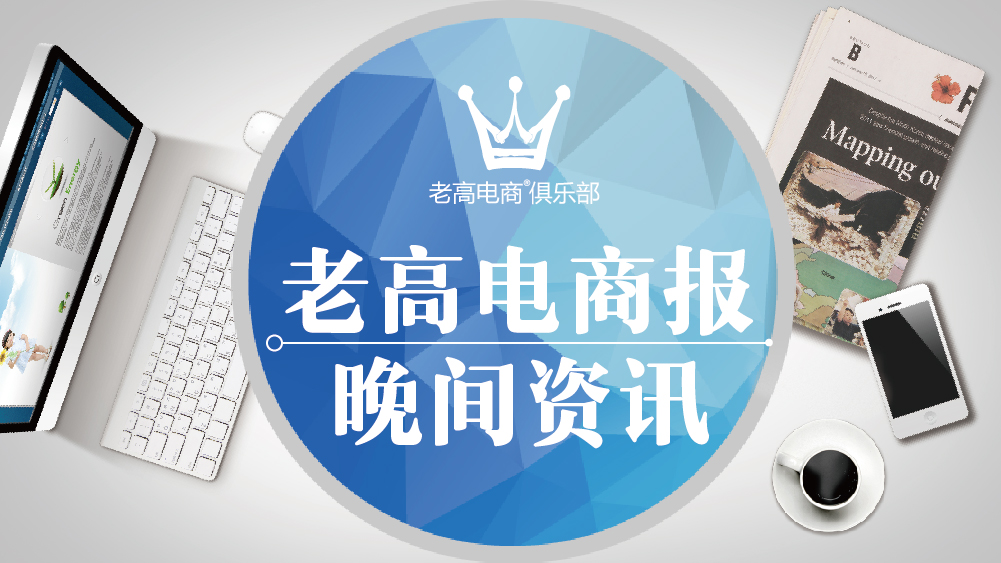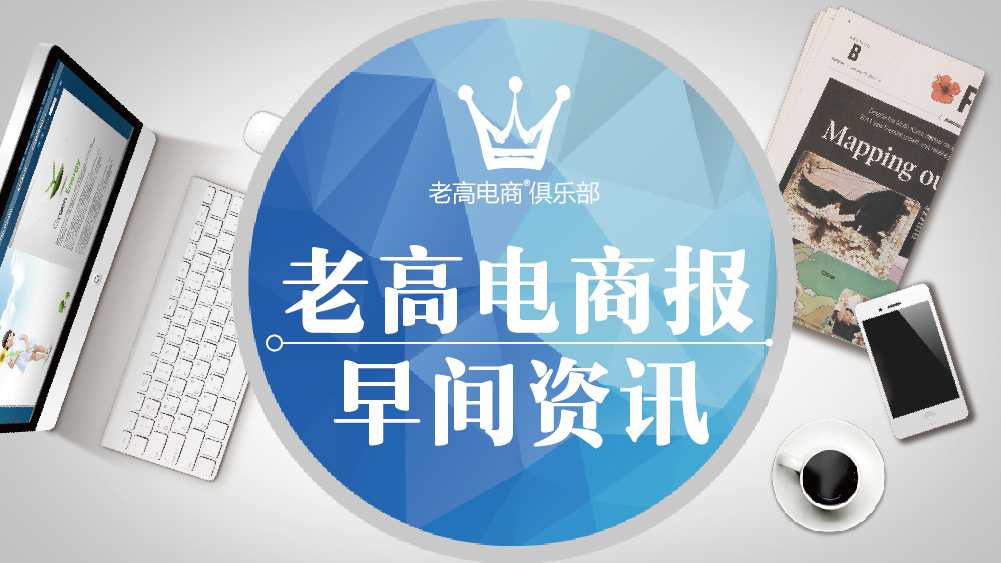It is better to bet on the right and not change , because you may not know the changes in ten years, but it is relatively easy to judge what remains unchanged in ten years.
By changing the transmission method and efficiency of information, the Internet has broken the information asymmetry in commercial transactions and changed the rights pattern between buyers and sellers, thus triggering a series of changes from trading venues to communication environments and buying and selling relationships. Faced with new marketing variables and contexts, many traditional companies have clamored that the brand’s gameplay has changed, and that style of play in the past has failed!
The brand gameplay in the Internet era has indeed changed. This is an indisputable fact. A well-known change is that consumers truly have the right to speak. In the past, there was a top-down vertical relationship between brands and consumers, but now it has become an equal relationship. Through the Internet, consumers can learn more information and even inside information about the brand, and the purchasing channels have also shifted from offline to online, and their choices have become more diversified. In the past, tactical strategies of monopolizing channels and media resources were completely unable to play in this new era.
Faced with the sudden change, most traditional companies are confused and don’t know what to do. In fact, there is no need to think of the Internet as too mysterious and complex. When facing uncertainty, the best way is to return to fundamentals. As Bezos said, it is better to bet on the right and not change, because you may not know the changes in ten years, but it is relatively easy to judge what remains unchanged in ten years.
The same is true for marketing. In the Internet era, the way of playing brands has changed, but there are always some regular things that remain unchanged.

Traditional advertising has failed, but the mental laws of consumers have not changed
The rise of the Internet, especially the mobile Internet, has changed the way people obtain information. In the past, our channels for obtaining information could only be through traditional media such as television, newspapers, and radio. We can only accept what kind of information they publish, and we have no right to choose at all. But now it’s different. The Internet not only brings a massive amount of information sources, but also provides each of us with a platform for information release. We can not only choose to filter the information we need, but also publish the information we create independently as information publishers. This is undoubtedly a huge disaster for traditional marketers, because no one reads the advertisements you publish, or the falseness of the advertising content can be easily exposed through the Internet search.
The impact of the Internet on traditional business starts from channels first, and the second is the communication environment. In China, positioning theory has many loyal fans. A core view of positioning theory is that "cognition is greater than facts", which means that through advertising bombing, the brand's cognition in the minds of consumers can be defined. For example, Volvo = safety, Coca-Cola = authentic goods, and Wanglaoji = fire reduction. Positioning theory believes that the task of marketing is to help brands sort out their positioning that suits them and establish differentiated cognition with their competitors.
The implementation of positioning theory is inseparable from the traditional advertising model. However, as the Internet era has entered the era, traditional advertising has gradually declined, so some people say that the positioning theory has failed and consumers no longer believe in advertisements, but believe in recommendations between friends. The success of Internet brands such as Xiaomi is not because of the success of positioning, but the ultimate of the product. The perception is no longer greater than the facts, and marketing returns to the era of product being king.
In my opinion, products are always king, but we have overmarketed in the past few years . As for the denial of positioning theory, I do not agree. The failure of the traditional advertising model only proves that the traditional path of positioning is not working, but the mental laws of consumers summarized by the positioning theory are still valid. In the Internet era, brands still need positioning, because only in this way can consumers remember you and establish a distinction from competitors.
Many people who oppose positioning theory often give examples of Internet brands. In fact, the success of these Internet brands is inseparable from positioning, but strategies are often hidden in tactics, and they are often unconscious at the beginning. For example, Xiaomi's positioning is "born for fever", Baidu's positioning is "simple and reliable", and 360's positioning is "network security".
The positioning theory has not failed, but the way brands communicate with consumers has changed. In the past, it was forced indoctrination through high-altitude bombing of media, but now it is necessary to win consumers' recognition of brand positioning through social interaction and sense of participation.
The trading venue has changed, but the marketing task has not changed
The Internet moves transactions from offline physical spaces to online virtual spaces. The former occurs in a specific space, where people revolve around commodities, while the latter occurs in a time series, which turns into commodities revolve around people through logistics.
This transformation of time and space has also brought about changes in the status of both parties to the transaction. In the past, merchants sat waiting for customers to come to the door, but now merchants racked their brains to squeeze into consumers' lives and occupy as much fragmented time as possible for consumers.
In addition, compared with the business in the space, in the time series, consumers' choices have become more free and diverse due to breaking through physical restrictions, and passenger flow interception has become more difficult. Moreover, consumers have connected through the Internet, which has become less and less easy to fool. Therefore, traditional business owners feel that business is becoming more and more difficult to do, and they are less and less familiar with the group of consumers growing up with the Internet.
But no matter how it changes, one thing is always the same, that is, the task of marketing: discovering and meeting the needs of consumers. Whether it is business in space or business in time, whoever can better meet the needs of consumers will be more competitive.
Why are traditional companies behind the scenes in the face of the Internet? The root cause is that they cannot integrate into the lives of this emerging consumer group and do not understand their demand situation. Similarly, the reason why Internet companies emerge is not because they have special genes, but because they better satisfy consumers.
For example, Xiaomi reads hundreds of user comments every day from the forum, and improves iteratively. The founder of Three Squirrels insists on online customer service every day in the early stages of his business to understand the different needs of consumers.
Through online interaction and big data, brands can understand the personalized needs of each consumer. This is the advantage of e-commerce over traditional business. There is no need to come first and come later in front of tools. Whether it is traditional enterprises or Internet companies, everyone is equal. The reason why traditional enterprises are in trouble in the Internet era is fundamentally because of their thinking problems. They do not actively embrace consumers' needs and do not see that the needs of users have been highly segmented and personalized in the Internet era, and they still hope to reduce costs through standardization.
No matter which era the company competes, who can better meet the needs of consumers, and as long as you hold on to this, you won’t lose your way.
Products are forever king
This is an irrefutable truth in the business world. Products are the basis of marketing. The implementation of any marketing tactics requires a good product to support it. In the past, due to the information asymmetry between buyers and sellers, consumers could be fooled for a while. However, in the Internet era, any product is transparent, and "business genius" like Shi Yuzhu will never appear again.
In the industrial era, due to standardized production, the quality of products can only be compared through the dimension of functionality. The standard of a good product is good quality and durability. However, when entering the Internet era, consumers' personalized needs are liberated. Under this trend, consumers are no longer satisfied with basic functional needs and begin to demand a better experience and social needs of products.
In the past, the standards for good products were formulated by enterprises, and stronger and more advanced technologies were often emphasized in product promotion, which is a typical technical thinking; now, the quality of the product is determined by consumers. What consumers are concerned about is not what technology you use, but whether it feels good to use it, which is user thinking. Nokia is the representative of technical thinking, and Apple is the representative of user thinking. In terms of technical strength, Apple cannot compare to Nokia, but consumers eventually chose Apple.
From the industrial era to the Internet era, "products are king" has not only not outdated, but has been strengthened. It’s just that it’s very different from the way of creating products in the past. It no longer believes in your own technology, but opens the whole process to your fans, lets them participate and design products according to their needs and preferences. From closure to openness, from pursuing perfection to constantly improving through trial and error, this is the difference in production thinking between the two eras. Products are always king, but the criteria for judging good products have changed. Traditional enterprises need to jump out of their original thinking patterns and actively embrace the new craftsman spirit of the Internet era.







 EN
EN CN
CN
